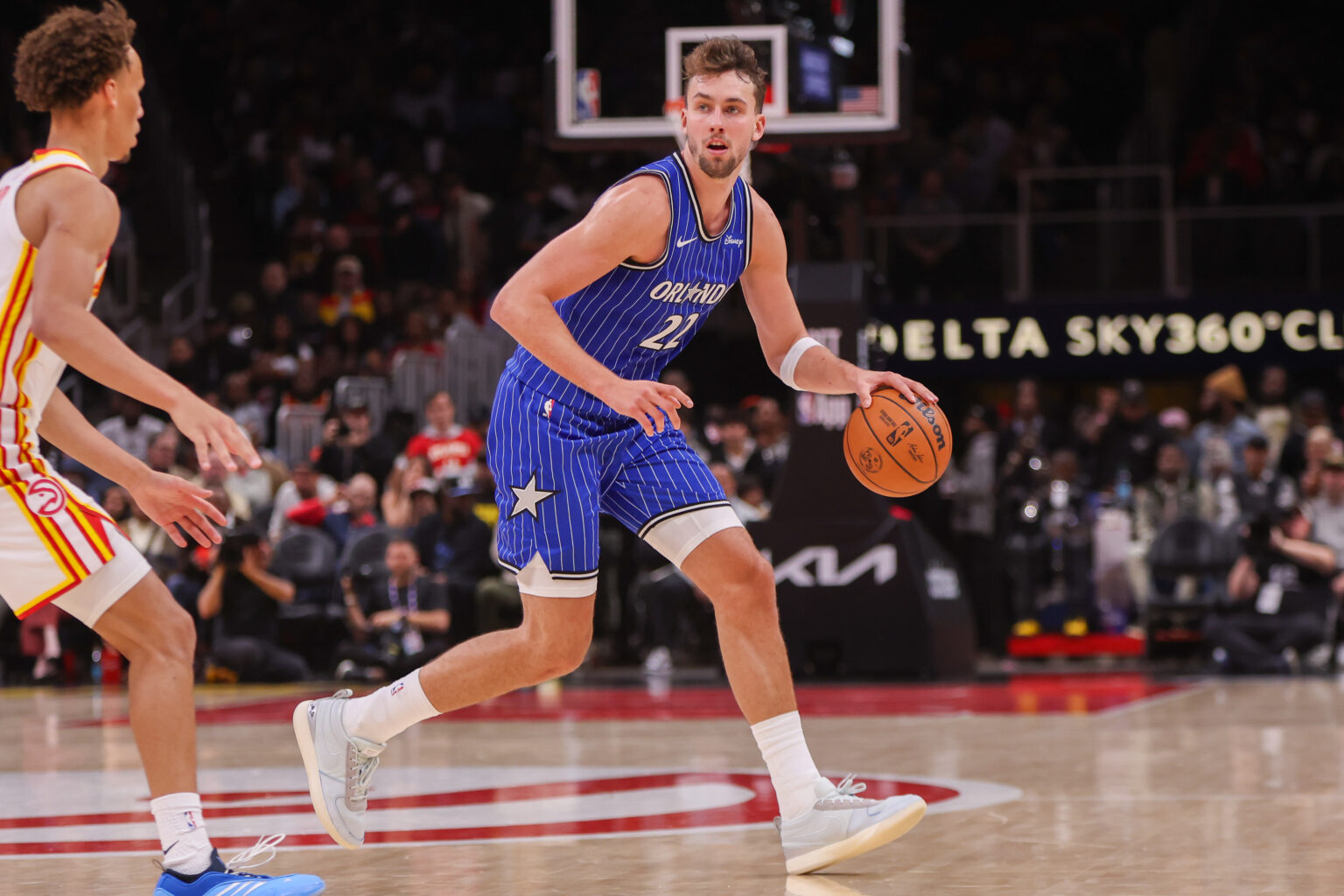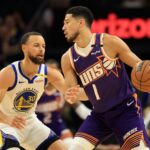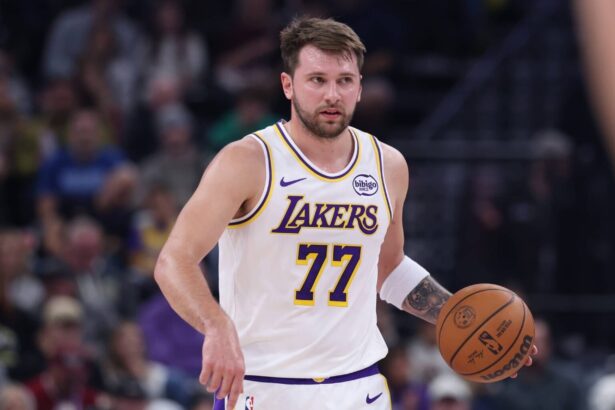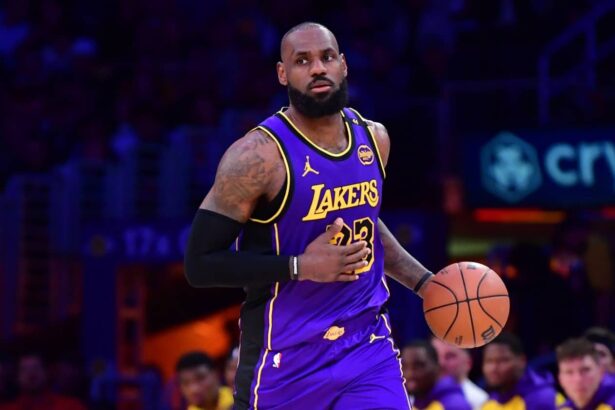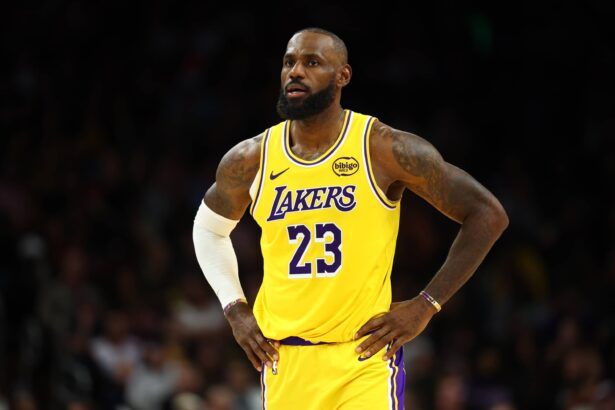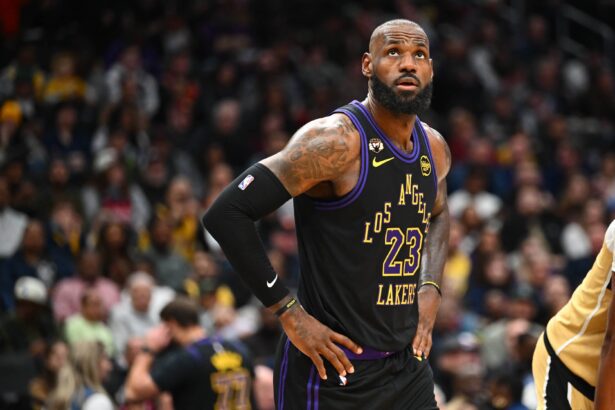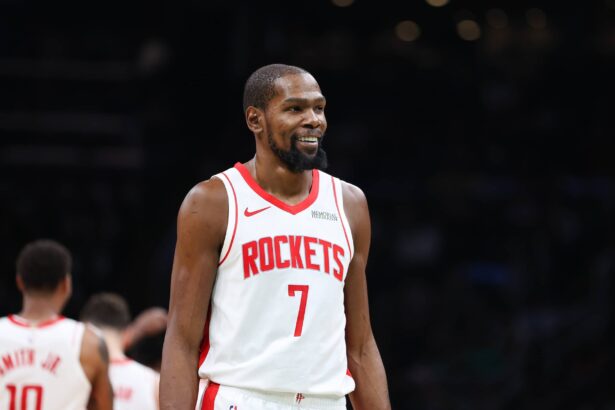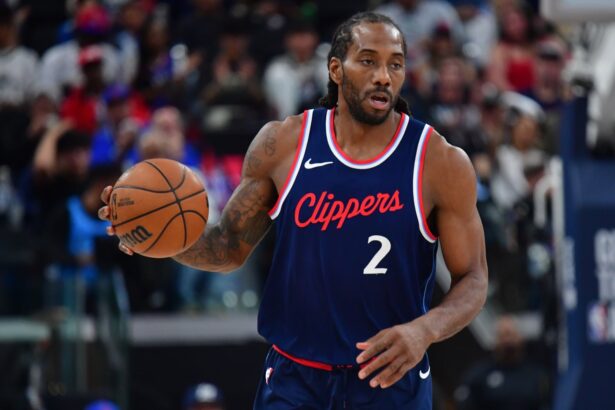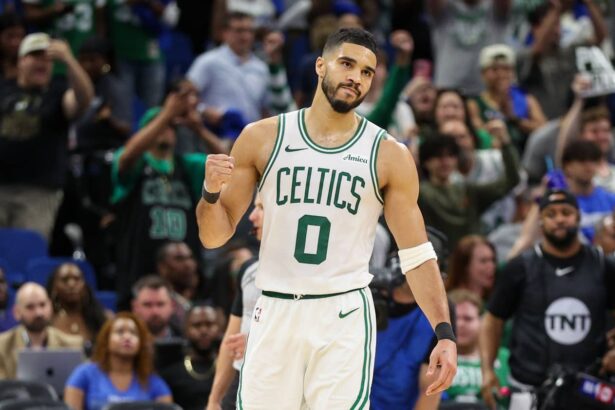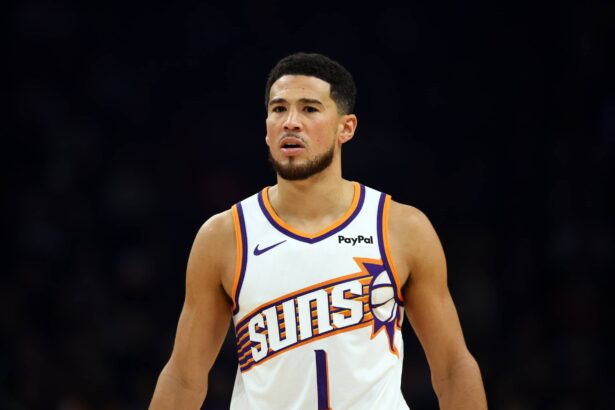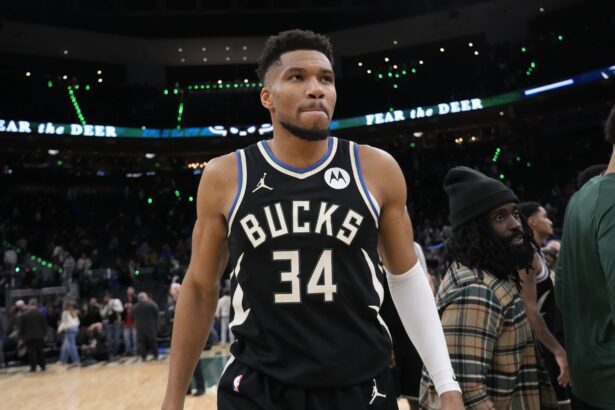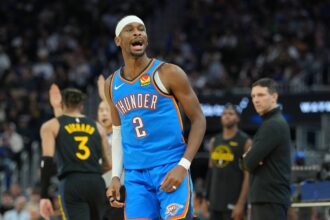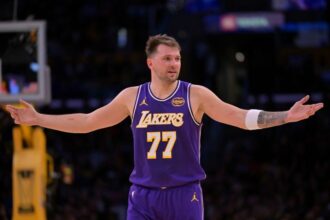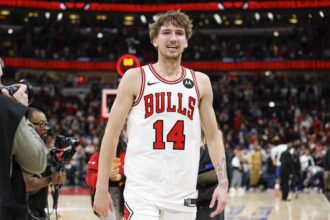The Orlando Magic entered the season talking like a rising power in a wide-open Eastern Conference, a team expected to push for a top-three seed after trading for Desmond Bane to supercharge their offense. Eight games in, that promise feels distant.
Orlando dropped to 3-5 on Tuesday night in a deflating 127-112 loss to the Atlanta Hawks, a game in which their defense never found its footing and their composure cracked long before the final buzzer. Atlanta lit them up from the start. Zaccharie Risacher set the tone with 11 fast points in the first four minutes, Nickeil Alexander-Walker piled on, and the Hawks shot a blistering 55.6% while leading by as many as 25.
Bane’s third-quarter ejection only deepened the frustration on a night where Paolo Banchero’s near-triple-double couldn’t mask the gaps, and the Magic once again looked far from the contender their offseason moves were supposed to shape. Let’s go through what went wrong for the Magic tonight.
1. Atlanta’s Efficient Shooting Buries Orlando Early
Atlanta overwhelmed Orlando with raw efficiency, shooting 55.6% from the field and 43.3% from three, numbers that immediately put the Magic on their heels. The Hawks had four starters score 15+ points, including Zaccharie Risacher with 21 on 7-of-14 shooting and Dyson Daniels with 18 on a blistering 8-of-9 line.
Atlanta scored at least 30 points in each of the first three quarters, building a lead that reached 25 and never dipped enough to threaten. Orlando simply couldn’t match that level of precision. The Magic shot 36-for-83 (43.4%), including just 11-of-34 from deep (32.4%), and were doubled in fast-break scoring 23-14.
Even though the Magic grabbed more offensive rebounds (14 to Atlanta’s 6), the efficiency gap was too wide. Atlanta turned nearly every clean look into points, and their 13-0 and 14-1 runs reflected a team converting at an elite clip possession after possession.
2. Bane’s Ejection Removes One Of Orlando’s Only Efficient Scorers
Desmond Bane had 9 points on 2-of-6 shooting and knocked down 2-of-4 from three before his third-quarter ejection. His exit mattered statistically as much as it did emotionally. Orlando lost its most reliable perimeter shooter, finishing the game with zero threes made by any starter other than Jalen Suggs.
Without Bane, Orlando’s spacing collapsed, contributing to the Magic going 0-for-7 from deep among the remaining starters. The ejection also hurt Orlando in ball-handling and floor balance. Bane had already produced 2 assists and served as one of the few players drawing Atlanta into rotation.
After he was tossed, Orlando’s offense stagnated, committing 19 turnovers, including three from Banchero and four from Wagner. In a game where the Hawks shot 42 free throws, the Magic couldn’t afford to lose another scorer, and Bane’s removal widened a gap that was already trending toward a blowout.
3. Banchero Fills The Stat Sheet, But Orlando’s Efficiency Remains Low
Paolo Banchero’s 22 points, 11 rebounds, and 8 assists showcased his versatility, but he shot just 6-for-16 (37.5%) and went 0-for-4 from deep. Despite getting to the line 12 times and converting 10, Banchero struggled to generate high-quality shots against Atlanta’s shifting coverages.
His three turnovers also contributed to Orlando’s 21 points conceded off giveaways. Franz Wagner mirrored that inefficiency. Wagner scored 18, but needed 15 shots to get there and also went 0-for-3 from beyond the arc.
Orlando’s starting frontcourt combined to shoot 12-for-31 (38.7%), a significant contrast to Atlanta’s frontcourt trio of Risacher, Johnson, and Porzingis, who shot a combined 15-for-33 (45.4%) and added 23 free throws. Orlando’s stars posted volume, Atlanta’s posted value.
4. Atlanta’s Bench Wins The Efficiency Battle
The Hawks’ bench outscored Orlando’s 36-36, but the efficiency difference was enormous. Onyeka Okongwu lit up Orlando with 14 points on 3-of-5 shooting while adding 7 rebounds, 1 block, and 6-of-7 free throws. Mouhamed Gueye added 5 points, 3 rebounds, and 3 blocks, giving Atlanta rim protection that Orlando never matched.
Orlando’s bench was far more up and down. Jonathan Isaac scored just 2 points on 1-of-3 shooting, Tyus Jones finished 0-for-2 from deep, and Jett Howard went scoreless in 7 minutes. Tristan da Silva was the lone bright spot with 20 points on 8-of-11 shooting, including 4-of-5 from three, but he lacked support. Atlanta’s bench produced cleaner, more sustainable possessions, while Orlando’s second unit shot a combined 8-for-21 (38.1%) outside of da Silva.
5. Turnovers, Fouls, And Free Throws Define Orlando’s Collapse
Orlando committed 30 fouls, including three technicals and one flagrant, gifting Atlanta 42 free throws, of which the Hawks converted 34 (81%). Those fouls repeatedly stopped Orlando’s momentum and compensated for the Magic’s 41-34 rebounding advantage.
Atlanta’s ability to generate free throws masked any issues with spacing or shot distribution, and Orlando simply had no answer. Turnovers were another major factor. Orlando’s 19 giveaways led directly to 24 Atlanta points, while the Magic converted only 21 points off the Hawks’ 20 turnovers.
Even though the Magic matched Atlanta in points in the paint (46-46) and owned the offensive glass, the free-throw disparity and turnover imbalance erased all those positives. Statistically, Orlando played a losing math game from start to finish.

